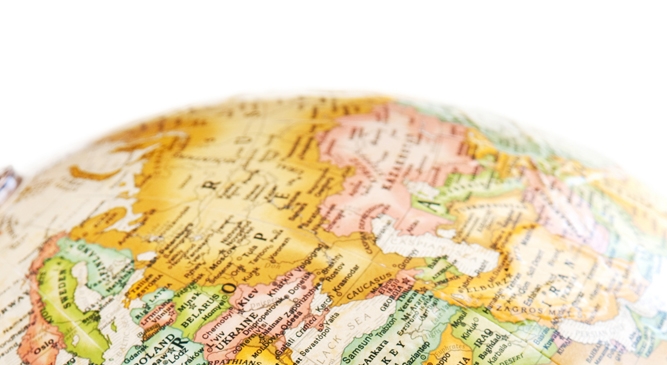
Set a date for enlargement now
The EU has an accession process, but still needs an enlargement strategy. The European Commission deserves credit for keeping the accession negotiations going, but we are reaching the limits of what the EU institutions can achieve. Now we need political leadership at the highest levels for enlargement to happen. The accession policy remains highly technocratic, focused on getting the applicants to converge with the Union. That is necessary, but not sufficient to ensure the successful integration of a dozen or so - very diverse - new member - states. And it certainly will not be enough to sell enlargement to increasingly sceptical west European populations.
Every interest group that receives EU or national subsidies, feels threatened by wage competition, objects to immigration, or just fears change, will raise myriad objections to enlargement. Anti-enlargement groups are already mobilising, starting in Austria and Germany. Enlargement is an easy target for opportunist politicians seeking a popular anti-EU cause. They portray it as expensive and likely to cause mass immigration, even though such assertions are largely unfounded.
The only way the EU can overcome the complaints of special interest groups is to set out a clear strategy with a firm commitment to a date for the first accessions. The history of European integration shows that important and difficult projects - like the single market and monetary union - can be kept on the road only if there is a strategic map with a date clearly marked. Without the discipline of a deadline, member-states will carry on fiddling with the institutions and arguing about the budget forever.
Opponents of a fixed date usually argue that the applicants will slow their preparations if they think their entry will be automatic. But in fact, the opposite is true. The front-runners are aiming for 2003, but it is very difficult for their governments to persuade legislatures and ministries to speed up preparations when there is no clear evidence of a commitment from the EU to admit them soon. The longer entry is delayed, the more the prospect of EU membership will lose credibility as an incentive to reform. Moreover, a set date for the first accessions would not bind the EU to admitting any one country. The best-prepared applicants can compete for seats on the first train to Brussels.
The EU should also establish a clearer set of criteria for judging transparently and publicly when each country has met the conditions for accession. The EU will need to show that its decisions on each applicant's readiness are impartial and objectively based on evidence. That would prevent any backsliding from a large country like Poland, were it to assume that it could join straight away simply because it is strategically important.
Enlargement will be the EU's major contribution to security and stability in Europe. It will also dynamise the Union by infusing it with new blood from countries which are used to reforming their economies and political institutions much more quickly and radically that any member-state would dare.
None of the EU's problems would be solved by not enlarging. Postponement would do nothing to deal with the threat of instability on the EU's peripheries, the pressures of migration and global competition, and the need to revitalise the EU itself. Since the Amsterdam treaty of 1997, the unsustainability of current methods of decision-making and policy development has become embarrassingly clear. The recent speeches from Fischer, Chirac, Blair and Prodi on the future of the EU all point to the need to find new, post-Monnet methods of integration. The EU has been officially preparing for enlargement for seven years, yet it is still "in denial" - as Romano Prodi put it - over how far-reaching its self-transformation must be. Taking in a dozen or so countries will nearly double the number of member-states, and add more than a third to its population, but the approach is still "business as usual".
We therefore need to go further than the settlement at Nice, which promises to be a holding position for the current members rather than an adequate settlement for of enlargement. The inter-governmental conference was nominally aimed at preparing for enlargement, but its focus has been on adapting the creaking structure for the current 15 countries, rather than on establishing a durable framework for an EU of 25 or 30 members.
The budget also needs a fundamental re-think, and not just because of enlargement. The Common Agricultural Policy is under ever-greater pressure, because of the World Trade Organisation negotiations, the rising cost of farm subsidies, and public concern over what the BSE crisis has revealed about industrialised farming. And what is the future for "solidarity" through regional aid, in a context of national budgets restricted by the stability pact?
The economic case is not an easy way to sell enlargement. The gains are likely to be considerably greater than the costs: enlargement will add over 100 million consumers to the single market. The likely first entrants are rapidly transforming their economies through foreign direct investment and trade with the existing members. But the problem is that the long-term gains are difficult to quantify. In contrast, the economic costs are short-term and the losers are relatively easy to identify - making it hard to overcome sectoral interests.
